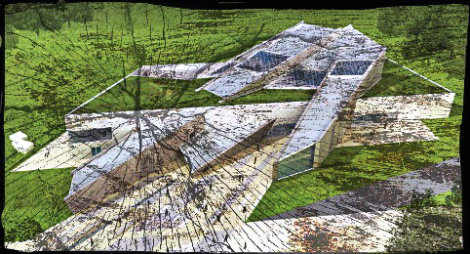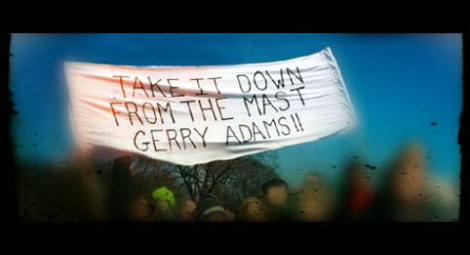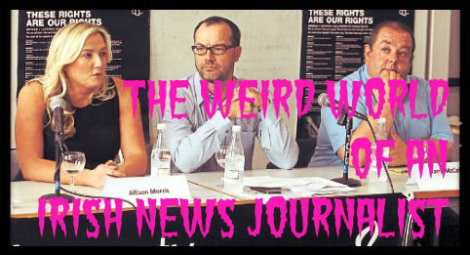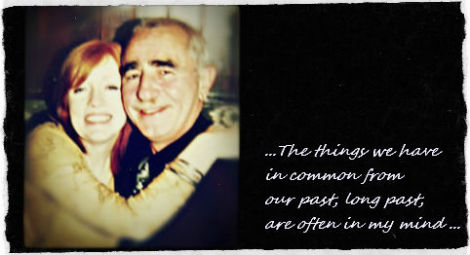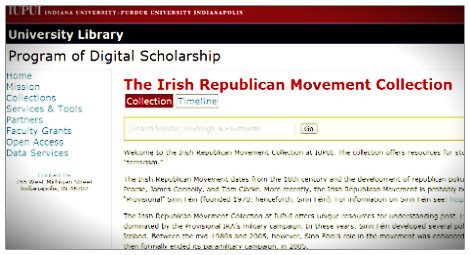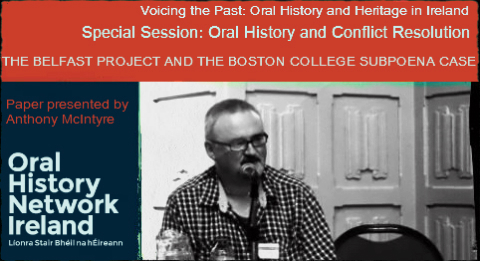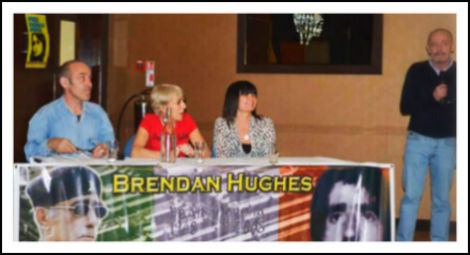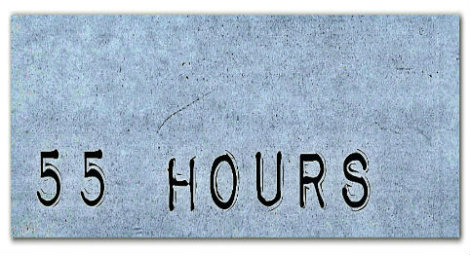When I think of the Vatican's record in Africa, I think of its failure to acknowledge what happened in Rwanda, where priests and nuns not only led the death squads to Tutsi refugees cowering in their churches, but provided the petrol to burn them alive, took part in the shootings and raped survivors. Rwanda was Africa's most devout Catholic nation, and the role the Church played in condoning and fostering the Hutu extremism that climaxed in genocide is as shameful as its collaboration with the Nazis. – Michela Wrong
When I was young a familiar chant from loyalists was ‘kick the pope.’ I used to find it strange that anybody wanted to kick our great holy man. Now I feel that any African who doesn’t want to kick him must be a lower limb double amputee.
Africa is the continent most ravished by the HIV/AIDS virus. At the same time it is estimated that around 17 per cent of people living there are Catholics and that it the fastest growing region in the world for the church. As many other areas descale their eyes of religious goo Africa sees it thriving. In decline elsewhere because of the rise of secularism and the relentless push of science, the church hierarchy is quick to spot the potential in a vast fetid pool of misery where harmful social and political bacteria fuse and mutate, creating the optimum conditions in which the virus of religion might flourish. Pope Joe Ratzinger is in the continent at the moment, celebrating mass in Angola as I write. He wants to maintain the growth rate for Catholicism and is determined to ensure that the Catholic Church is not threatened by competition from ‘the growing influence of superstitious forms of religion.’ His superstition is better than theirs sort of thing.
His advanced priestcraft, against the other more retarded phenomenon of witchcraft which he has warned Angolans to avoid, fosters the illusion that there is a better reward in the afterlife for those who refuse to wear the condom during sex. On the way through the pearly gates the pecker checker will carry out inspections. There should be no shortage of priestly contenders for that job. Those who go bareback will receive tickets to the choir of angels’ eternal performance while the rubber renegades can try somewhere else. Ratzinger lacks the gall to sell this ridiculous position in more explicit terms that would spell out for the victims of his diktat that the afterlife of paradise is likely to come much sooner if condoms are not worn.
Quentin Sattentau, professor of Immunology at Oxford University argued that Ratzinger’s position:
represents a major step backward in terms of global health education, is entirely counter-productive, and is likely to lead to increases in H.I.V. infection in Africa and elsewhere … there is a large body of published evidence demonstrating that condom use reduces the risk of acquiring H.I.V. infection, but does not lead to increased sexual activity.
It seems an outrage that a body as large as the African Catholic community could be asked to accept the view of Ratzinger that ‘the traditional teaching of the Church has proven to be the only failsafe way to prevent the spread of HIV/Aids’ and that the use of condoms should be avoided. On a plane taking him to Cameroon, there seemed no more appropriate a place for him to have made the comment - far removed from the ground. The world the pope and his ilk live in has been described by the author Malachi O Doherty as ‘medieval’. He has chosen to follow in the footsteps of the his arch conservative predecessor the Pole, Karol Józef Wojtyła, who in the words of Michela Wrong ‘probably contributed more to the continental spread of the disease than the trucking industry and prostitution combined … John Paul II has the blood of innocents on his hands.’
What, but more misery, suffering, death and disease can Catholicism offer Africa where it insists on tackling the AIDS epidemic through fidelity and abstinence not condoms? A silent genocide with more victims than either Dafur or Rwanda, and where the culpable masquerade as men of a loving god. If Joe Ratzinger does not want to wear a condom that is a matter for himself. By seeking to control the lives of others by ascribing some divine endorsement to such a life saving practice is a con of astronomical proportions. It is as cruel as it is enormous, making it hard to disagree with Rebecca Hodes, of the working Treatment Action Campaign in South Africa who dismissed the former Hitler Youth member’s remarks as alienating, ignorant and pernicious.
The lengths to which the church hierarchy will go to sustain this gigantic con is evidenced from the comments of the Vatican's Pontifical Council for the Family, Cardinal Alfonso Lopez Trujillo who in late 2003 sought to blame perforations in the condoms through which fluid would seep. What altar boy testified to that I wonder? Perhaps his Most Reverend Eminence the cardinal chose one, purely for experimental purposes of course, from a faulty batch. In any event his ridiculous assertion was rubbished by the World Health Organization: ‘these incorrect statements about condoms and HIV are dangerous when we are facing a global pandemic which has already killed more than 20 million people, and currently affects at least 42 million.’
Nor is it being seriously proposed by critics of Ratzinger that condoms will cure AIDS. Jon O’Brien, President of Catholics for Choice, hit out at the papal stance, saying ‘this is a myopic view of sexuality and a nonsense-based approach to public health. We have never argued that condoms are a panacea for Aids. But they are an absolutely vital health measure to help stem the spread of HIV and Aids.’ O’Brien went on to claim that the Vatican was seeking to pressurize governments and aid agencies across the world to ensure that the provision of condoms did not feature in any aid packages.
Modern science has devised a way to prevent the spread of this disease. As Craig McClure, Executive Director of the International AIDS Society, reflects, ‘to suggest that condom use contributes to the HIV problem is not merely contrary to scientific evidence and global consensus, it contributes to fuelling HIV infection and its consequences - sickness and death…’
The church can pray all it wants and throw holy water over the pecker but it is all rubbish with the one guarantee being that it will not work. Condom use performs more miracles than Lourdes, yet no sainthood for the person who came up with the idea. Ultimately, the pope is helping spread this disease. The power of religious opinion coming from a figure as senior as the Catholic pontiff over people who retain a superstitious belief system cannot be underestimated. It is not just issued as an opinion but as a law, a command, meant to be obeyed even if the power to physically enforce it is no longer an option available to the church. As Craig McClure observes. ‘Catholics throughout Africa rely on the spiritual guidance of the Pope.’
Africans, of course, like others do not have to blindly follow Vatican edicts on condoms or anything else for that matter. They are capable of making informed choices but that depends on the extent to which they are informed. Philip Gourevitch once pointed out that the Rwandan genocide was so successful in its implementation because the government backed radio was the one source of information that the public was getting. When it urged Hutus to go out and kill their neighbour that is what many of them did. Similarly Johann Hari condemned lies about condoms 'proclaimed from pulpits in rural African churches where illiterate villagers often had no other source of information’
There is a mountain of information out there. The challenge is how to get it to those whose lives depend on making the proper choices. Subverting ignorance is crucial to the survival of millions.
Julio Montaner. President of the International AIDS Society has challenged the promotion of ignorance most strongly:
Instead of spreading ignorance, the Pope should use his global position of leadership to encourage young people, who are our future, to protect themselves and others from HIV infection using all the tools we have at our disposal, including condoms … his remarks are insulting to the tireless efforts of committed scientific, public health and human rights leaders around the world to protect the poorest of the poor from HIV infection.
‘Let there be light’ so that Ratzinger may be thwarted in his efforts to lead multitudes of victims into the ‘heart of darkness’.
Written 21 March 2009













